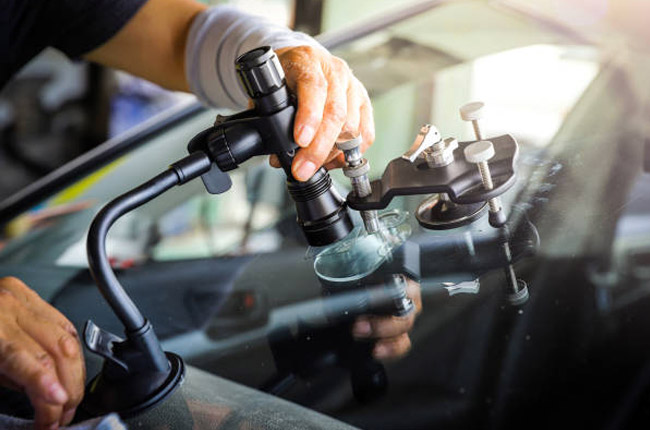All The Mysteries Of Auto Repair Demystified
Many people will encounter car issues throughout their day to day life. Unfortunately, most of us do not have the energy, knowledge or time to repair a car on their own. This article contains a number of tips and tricks to help you in repairing your car on your own!
When trying to get an estimate for the cost of your auto repairs, ask the technician how they calculate the cost. There are some shops that charge your a flat rate for parts and labors, but others will try and charge you a fee for each hour they spend fixing your car.
When you are in need of an auto repair, shop around to make sure that you get the best deal. Go to at least three different repair shops to get a quote. If anyone charges something that is unrealistically low or high, you should seek someone else to do the job.
If you're performing your own repairs underneath a car and have it raised in the air, ensure that the lifting device you use is secure. Never lift a car that is not on level ground or on a firm surface. Always use jackstands in the proper position and never solely rely on a jack to keep a car raised off the ground.
See if you can predetermine your vehicle's issue prior to attending at the mechanics. If you know what the problem is, you can save money and also easily identify any repair shop that is trying to scam you. You probably already know that certain mechanics will come with lies to charge more money.
Keep accurate records on what work has been done on your car and when. Many repair shops will keep this information for you, but that only works if you see them for everything for major breakdowns to oil changes. This can help in diagnosing problems, as you can show what fixes have already been attempted.
It is a good idea to add an injector cleaner to the fuel you put into your gas tank regularly. You will get better gas mileage if the fuel injectors in your cars engine are kept clean. Adding enough cleaner to treat a full tank once a month is usually enough to improve your mileage a little.
Always exercise the highest level of caution when working with your car's fuel system. Never work around fuel tanks, fuel lines or pumps with sources of ignition such as cigarettes or anything that could produce a spark. Wipe up any fuel spills immediately, and protect yourself by wearing fuel-resistant gloves and eyewear.
Make sure that you clean your car in the winter as well. Winter can be hard on your vehicle. All that salt and sand is a sure recipe for abrasion and rust. Just be sure that you're drying your car off before you start to drive around so that ice doesn't form.
Keep a log that includes information on any maintenance that you have ever done on your car. To make things easy, put this log in your glove compartment box. If there is an issue with your car, this information can help the technician figure out what is going on much more quickly.
Know about car parts prior to visiting a mechanic. Parts can be new, rebuilt or reconditioned, or salvaged. New parts are made solely to a manufacturer's specifications. Refurbished or reconditioned parts ate those that have been restored to working condition. Salvaged parts have been used and have not been restored in any way.
Always ask in advance how much labor costs at that particular shop. In fact, do not give them your keys until you have a clear understanding of what you will be charged. Many times, this information is not posted in an obvious place, so it is important to know what you are getting yourself into.
Be aware of shops that take out your tires and put in old ones. They will profit off of your ignorance if they can. Prior to taking the car in, mark your tires with a bit of chalk. If the chalk is not present when you go pick up the car, you have definitely been had.
Don't let a mechanic tell you that flushing your engine is routine maintenance. This expensive service is only necessary if you have introduced the wrong fluids into your system or have not been changing the oil often enough.
When you take your car to an auto repair shop, try to have a good description of the problem. Just telling the mechanic the car is screwed up won't help him or her to solve the problem. Provide details. You should know how long the problem has existed and when it occurs. Note whether or not dashboard warning lights are illuminated. Describe any sounds, smells or vibrations that accompany the problem.
As was discussed at the beginning of this article, fixing a car can be a very challenging task for many people due to a variety of reasons. However, with the right knowledge and advice, anyone can fix a car much more easily. Apply this article's advice and you'll be on your way to repairing a car by yourself.

